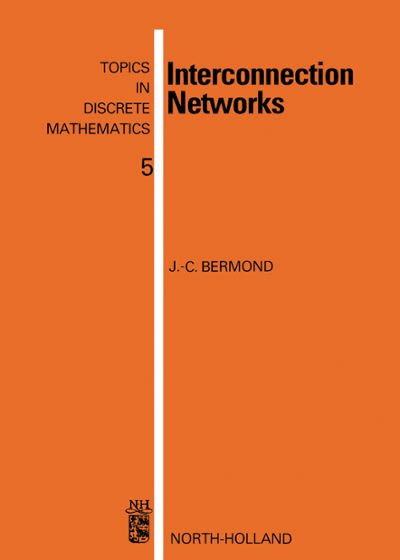Question
(A) Which of the following are experiments? 1. Researchers ask subjects whether they drink coffee regularly and how much sleep they get per night to
(A) Which of the following are experiments?
1. Researchers ask subjects whether they drink coffee regularly and how much sleep they get per night to see whether there is an association between coffee consumption and amount of sleep.
2. Researchers randomly assign half the subjects to wear a certain kind of shoe and half the subjects to be barefoot. They then measure how high they all can jump to see whether the shoe helps jumping ability.
or 3. Researchers have subjects play a memorization game twice, once while listening to music and once without music. The order in which each does this is randomly determined. They want to see whether there is an association between memorization and the presence of music.
(a) Only 1 is an experiment.
(b) Only 2 is an experiment.
(c) Both 2 and 3 are experiments.
(d) All three are experiments.
or (e) None of the above answers is correct.
(B) A drug manufacturer is testing a new headache drug. They recruit 100 subjects with headaches and have them rate the severity of their headaches on a scale of 1 to 10. Based on the severity of the headache, the researchers assign 50 subjects to receive the new drug and 50 to receive a placebo. One hour later the subjects again rate the severity of their headaches. They find that 60% of the subjects had substantial reduction in the severity of their headaches in the treatment group compared to only 30% in the control group. What fundamental component is missing in this experimental design?
(a) Random sampling of subjects to either new drug or placebo.
(b) Random assignment of subjects to either new drug or placebo.
(c) There is no control group since all the subjects had headaches.
(d) The sample size is not large enough to make the sample representative of all people with headache.
(C) Students completing a project for their statistics class were testing whether, when blindfolded, subjects would be more likely to identify the flavor of an orange Starburst or a lemon Starburst. The subjects were only told that they would taste two flavors of Starburst. The researchers gave all the subjects the orange Starburst first, let them have a drink of water, and then gave them the lemon Starburst. After each Starburst, the subjects were asked what they thought the flavor was. What fundamental component is missing in this experimental design and why is it important? Choose the best among the following statements.
(a) The missing component was random sampling. The subjects were not randomly chosen from a specific population.
(b) The missing component was the control group. All students are receiving both flavors so there is no control group to compare the results to.
(c) The missing component was double blinding. Students should not know which Starburst they are receiving. In addition, they should also receive a placebo.
or (d) The missing component was random assignment. The order in which the subjects taste the candy could influence their ability to identify which flavor is which.
Step by Step Solution
There are 3 Steps involved in it
Step: 1

Get Instant Access to Expert-Tailored Solutions
See step-by-step solutions with expert insights and AI powered tools for academic success
Step: 2

Step: 3

Ace Your Homework with AI
Get the answers you need in no time with our AI-driven, step-by-step assistance
Get Started


